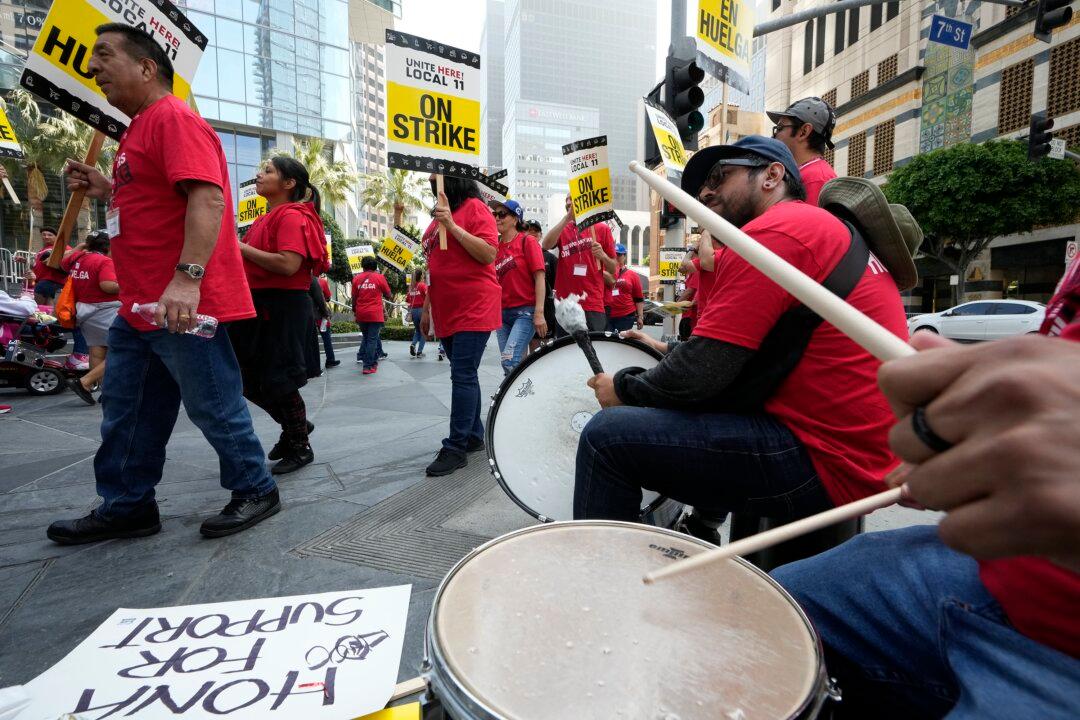After an identical bill was vetoed by California Gov. Gavin Newsom last year, lawmakers are again considering allowing workers involved in trade disputes to collect unemployment benefits.
At issue is Senate Bill 1116, authored by Sen. Anthony Portantino, which would authorize workers striking or locked out from jobs to receive unemployment insurance benefits, including cash payments, after a two-week waiting period.





